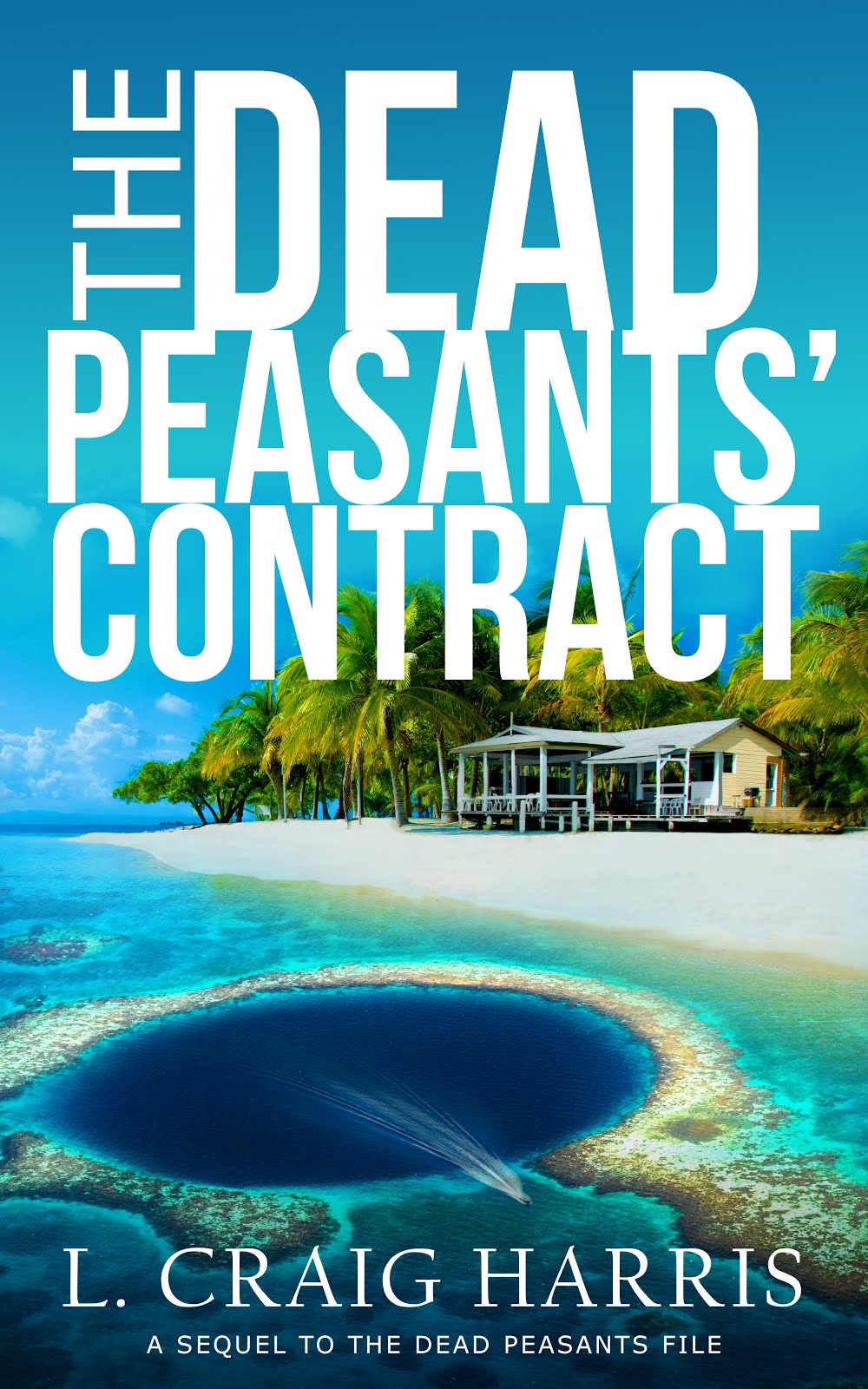 Are you helping your children develop their upper brain functions? Did you know that it is difficult for them to learn anything new unless they feel safe and loved?
Are you helping your children develop their upper brain functions? Did you know that it is difficult for them to learn anything new unless they feel safe and loved?This was the discussion of a session at a parenting conference I attended last week. The class was about the three mental areas of the brain: the stem, the limbic system, and the cortex.
The brain stem is the area of the brain that controls our basic functions. We don’t have to think about breathing or keeping our heart pumping. The brain stem handles these automatic functions of the body. It also springs into action when we feel threatened. It causes a fight-or-flight, knee-jerk reaction. No social skills or empathy for others here, just survival. The brain stem asks the question, “Am I safe?”
The next level of brain function is in the limbic system. This is the part of the brain above the brain stem. The hypothalamus, pituitary gland, and hippocampus are part of this system. Researchers say this part of the brain controls our emotions, long-term memories, motivation, appetites and sleep cycles. Our sense of smell is also here, which is why memories are so closely associated with fragrances. Cinnamon and pine usually bring a flood of Christmas memories.
But here is what is so interesting to me: Religion is found in the limbic system. I had assumed our feelings toward faith would be in the higher areas of the brain, where philosophy and wisdom reside, but not so. The reason is because the limbic system handles our need to connect. We are hard-wired to connect with each other. We are hard-wired to be loved. We are hard-wired to believe in something. This is how gangs thrive: because we all have a strong need to be a part of a community. If the family doesn’t provide this, the children will seek it elsewhere. If the church fails, gangs are glad to take up the slack.
The limbic system asks the question, “Am I loved?” It is difficult for higher learning, sympathy and wisdom to have a chance if we are stuck on this question.
We can survive with these two areas of the brain, but we can’t excel or thrive. To do that, we must use our higher brain, or frontal lobes of the cortex. Here, we make choices, control the impulses of the lower brain, anticipate consequences, learn from experience, organize our thoughts, plan, set goals, and practice critical thinking. The cortex asks “What can I learn from this?”
Discipline then, is the process of guiding our children from the lower centers of the brain to the higher centers so they can learn. Some researchers say our frontal lobes are not completely developed until we are 24 years old. Think how many important decision we make before that age. It’s kind of scary.
One way to promote higher thinking, then, is making sure the lower needs are met. If our children feel safe, they can move to the next level. When they feel connected to the community that is their family; when they feel loved, appreciated, and accepted, then they can begin to blossom in higher thinking.
This is why some children have difficulty paying attention; they are stuck in the lower levels of brain function because they either do not feel safe or accepted. This is not the only reason children have trouble learning, but it is an all too common one.
As parents, we want to give our children every chance to dwell in the cortex. Smother them with love and acceptance and watch them thrive.






